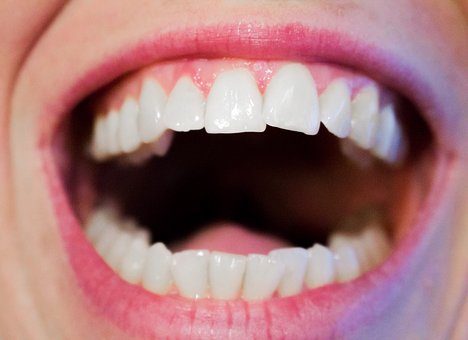Teeth whitening treatments can significantly enhance the brightness and appearance of your smile, but the results may vary depending on various lifestyle factors. Understanding how lifestyle choices influence teeth whitening results is essential for maximizing the effectiveness of whitening treatments and maintaining a radiant smile. In this article, we’ll explore the impact of lifestyle choices on teeth whitening results and provide practical tips for achieving long-lasting whiteness.
- Dietary Habits: The foods and beverages we consume play a significant role in the coloration of our teeth. Dark-colored foods and drinks such as coffee, tea, red wine, berries, and tomato sauce contain pigmented compounds that can stain the enamel over time. Additionally, acidic foods and drinks like citrus fruits and sodas can weaken enamel, making it more susceptible to staining. To minimize the impact of dietary habits on teeth whitening results, consider:
- Limiting consumption of staining foods and drinks.
- Using a straw to minimize contact with teeth.
- Drinking water or rinsing your mouth after consuming staining substances.
- Tobacco Use: Tobacco products, including cigarettes, cigars, and chewing tobacco, contain tar and nicotine, which can yellow or brown the teeth over time. Smoking or chewing tobacco not only stains the enamel but also increases the risk of gum disease and oral cancer. Quitting tobacco use is beneficial not only for oral health but also for maintaining a brighter smile after teeth whitening treatments.
- Oral Hygiene Practices: Good oral hygiene is essential for preserving the results of teeth whitening treatments and preventing new stains from forming. Brushing your teeth twice a day, flossing daily, and using mouthwash can help remove plaque, bacteria, and surface stains. Additionally, regular dental check-ups and professional cleanings can ensure optimal oral health and prolong the effects of teeth whitening.
- Smoking and Vaping: In addition to tobacco use, smoking and vaping can also contribute to tooth discoloration. The chemicals and toxins present in smoke or vapor can adhere to the enamel, causing yellow or brown stains over time. Quitting smoking or vaping not only benefits overall health but also helps maintain a brighter smile and improve oral hygiene.
- Medication and Health Conditions: Certain medications, such as tetracycline antibiotics, antihistamines, and antipsychotics, can cause tooth discoloration as a side effect. Additionally, health conditions such as enamel hypoplasia, fluorosis, or chronic illnesses may affect the appearance of teeth. While teeth whitening treatments can improve the color of the enamel, it’s essential to address underlying health issues to achieve optimal results.
- Aging Process: As we age, the natural wear and tear on teeth can cause enamel to thin and dentin to darken, leading to a duller appearance. Additionally, lifestyle factors accumulated over time, such as dietary habits, tobacco use, and oral hygiene practices, can contribute to discoloration. While teeth whitening can reverse some signs of aging, maintaining good oral hygiene and healthy lifestyle habits is essential for preserving a bright smile.
Conclusion of The Impact of Lifestyle Choices on Teeth Whitening Results:
Achieving and maintaining a bright, white smile requires more than just teeth whitening treatments. Lifestyle choices such as diet, tobacco use, oral hygiene practices, and overall health play a significant role in the success of whitening results. By making conscious decisions to minimize staining factors and prioritize oral health, individuals can prolong the effects of teeth whitening treatments and enjoy a radiant smile for years to come.
Achieve a dazzling smile with our professional services of teeth whitening in Lewisville. Using advanced techniques and premium whitening agents, we brighten your teeth safely and effectively. Experience the confidence of a radiant smile with our personalized treatments. Schedule your appointment today for a whiter, more vibrant smile!


